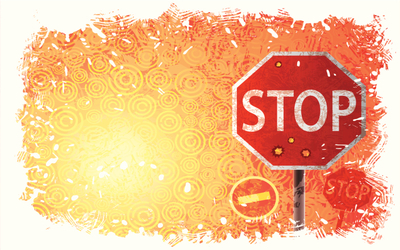You may think that struggling with an alcohol problem is the most difficult thing that your mental/emotional health could possibly deal with, but actually the bit just after you manage to quit alcohol is arguably even worse. Alcohol withdrawal is such an unpleasant thing that it often puts people off straight away when they are trying to quit.
It’s not easy to deal with alcohol withdrawal, but it is important to remember that with the right support, withdrawal will not kill you, whereas drinking can do serious damage to your wellness and wellbeing (and that of those around you) and actually could end up killing you in the end.
One of the best ways to deal with alcohol withdrawal is distraction. Ideally you want to move your (or the person you know who is withdrawing) attention away from the feelings of craving a drink and onto something more neutral. One tip is that whenever you feel that you are about to lose control and have a drink, stop immediately and focus on your surroundings. Try to describe them to yourself in lots of detail. This helps to divert your mind away from the negative thoughts that may be plaguing it and focus on something else. It also breaks the loop in your head. Don’t be afraid to talk out loud as a form of distraction, especially to a friend, relative or counsellor, but you could also strike up a conversation with a stranger, for example at the bus stop.
Imagery is another effective way to stop yourself thinking about alcohol withdrawal. For example, you can imagine that you are telling the cravings to stop, and as you do so you can picture in your head a big red stop sign. Or instead, you can focus on the image of your favourite peaceful spot and imagine what it would be like if you were there.
